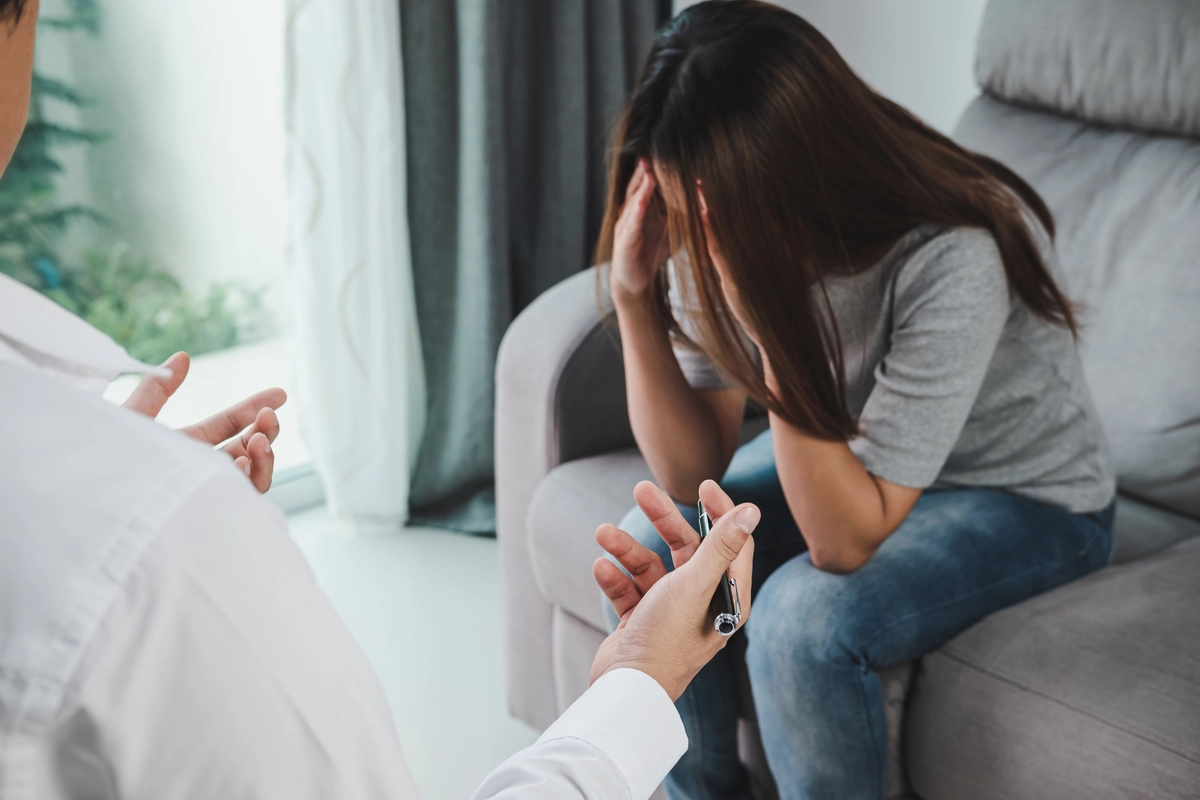24/7 Helpline:
(866) 899-111424/7 Helpline:
(866) 899-1114
Learn more about Bipolar Disorder Treatment centers in Sullivan
Bipolar Disorder Treatment in Other Cities

Compass Health Network – Sullivan
Pathways Community Health - Progress Drive provides mental health services for children and adults. ...

Moultrie County Counseling Center
Moultrie County Counseling Center is a private rehab located in Sullivan, Illinois. Moultrie County ...









































Other Insurance Options

Health Net

Optum

Aetna

Self-pay options

Carleon

State Farm

Regence

PHCS Network

GEHA

Magellan

Evernorth

Magellan Health

Access to Recovery (ATR) Voucher

Molina Healthcare

Sutter

Private insurance

MVP Healthcare

Medical Mutual of Ohio

BHS | Behavioral Health Systems

Premera